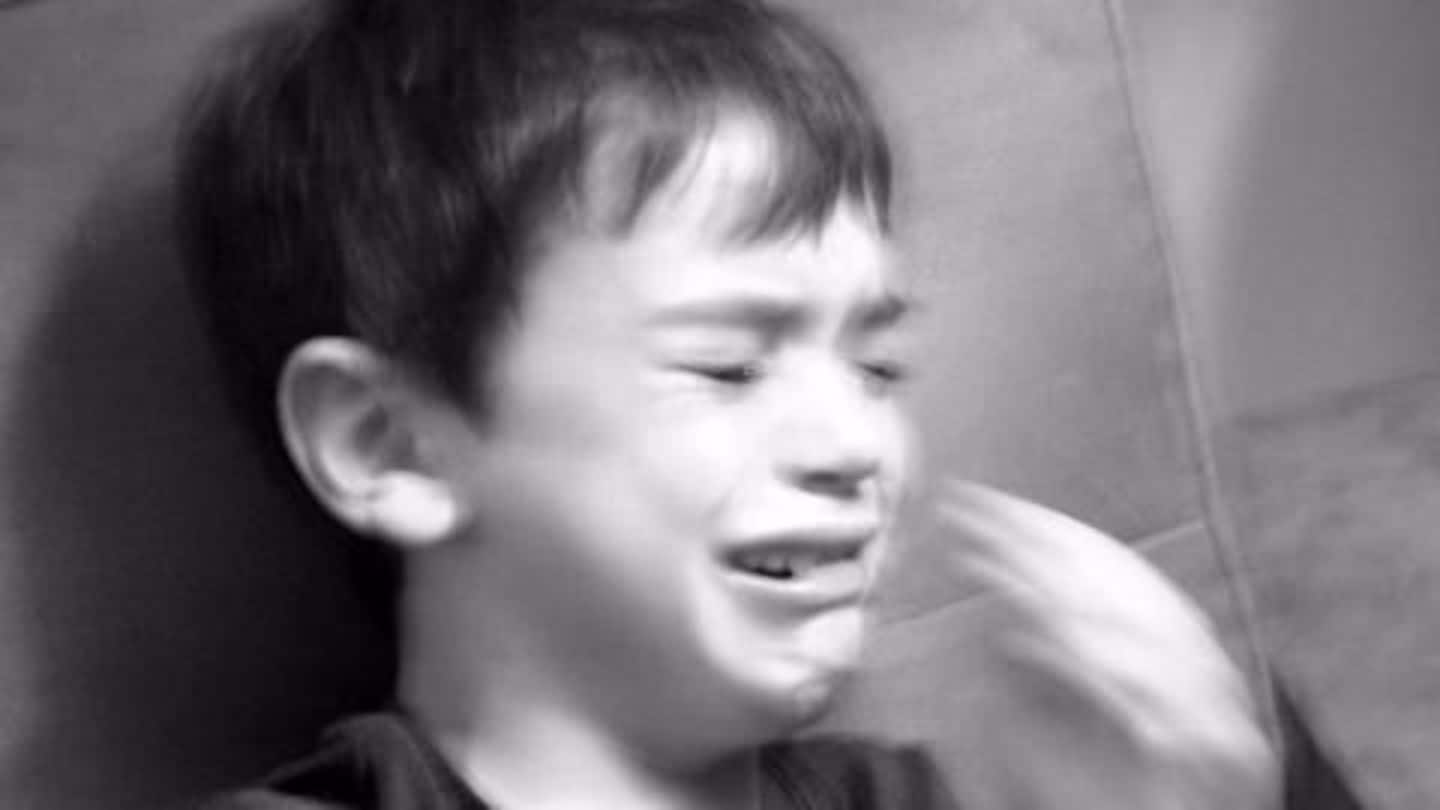
Bacha Bazi: Afghanistan's culturally sanctioned pedophilia
What's the story
A saying in Afghanistan goes, "Women are for child-rearing, boys are for pleasure". While sexual slavery and pedophilia are almost universally condemned, these practices continue legitimately in Afghanistan in the form of 'Bacha Bazi' or 'boy play', a practice under which young boys are subjected to sexual exploitation by powerful older men. Let's know more how the practice severely undermines Afghanistan's peace and stability.
About
Bacha Bazi
Bacha Bazi is a practice prevalent in parts of Afghanistan under which young boys aged 10-18, are kept as sex slaves to elite members of the society including security forces. These boys dressed up as women often perform in private parties. Although the practice was banned under Taliban administration, it has seen a resurgence among Tajiks and in parts of the Pashtun heartland.
Societal factors
Factors that allow for Bacha Bazi
Human Rights activists identify extreme gender segregation in the Afghan society as one of the factors contributing to Bacha Bazi. A 2014 Independent Human Rights Commission Report further identified illiteracy, lack of good governance, corruption and little access to justice among other factors. While in some cases they are kidnapped, but the families often driven by poverty also sell their boys to the perpetrators.
Boys
A life under the shadow of trauma
Subjected to repeated rape, sexual exploitation and humiliation, the young boys end up suffering stress and psychological trauma for life. Attempts to escape are met with violent punishments. To make matters worse these boys are ostracized by their families, forcing many to resort to prostitution. Many of these boys further go on to take up 'bachas' of their own, repeating the cycle of abuse.
Law
And the law does not help!
While rape and pederasty are prohibited under Afghan law, there are no clear provisions penalizing Bacha Bazi. Afghanistan's poor enforcement record and their ability to be get out through bribes and influence, further give them a sense of impunity. According to Charu Lata Hogg, a Chatham House fellow, this sends a wrong message that children's well-being is a low priority issue for Afghan government.
Information
Winds of change
Afghanistan President Ashraf Ghani, laid out strict provisions against Bacha Bazi this year in a revised penal code, making it punishable with penalties including capital punishment. However, a time frame for enforcement has not been provided.
Consequences
Larger consequences for Afghanistan's security
Left with a sense of revenge against their perpetrators and ostracized by their families, these boys are often forced to run to the Taliban. Taliban has frequently resorted to using these boys to infiltrate and kill security forces for the past two years. The practice, prevalent among Afghanistan's security forces, further undermines the purpose of the NATO mission in Afghanistan, indirectly fuelling the insurgency.
Information
Killer bachas in Uruzgan
In the Uruzgan province, where Bacha Bazi is particularly prevalent among police forces, Taliban have used these boys to carry out many attacks, through means including drugging and poisoning. Officials note that, "it is easier to track suicide bombers than the bacha attackers".